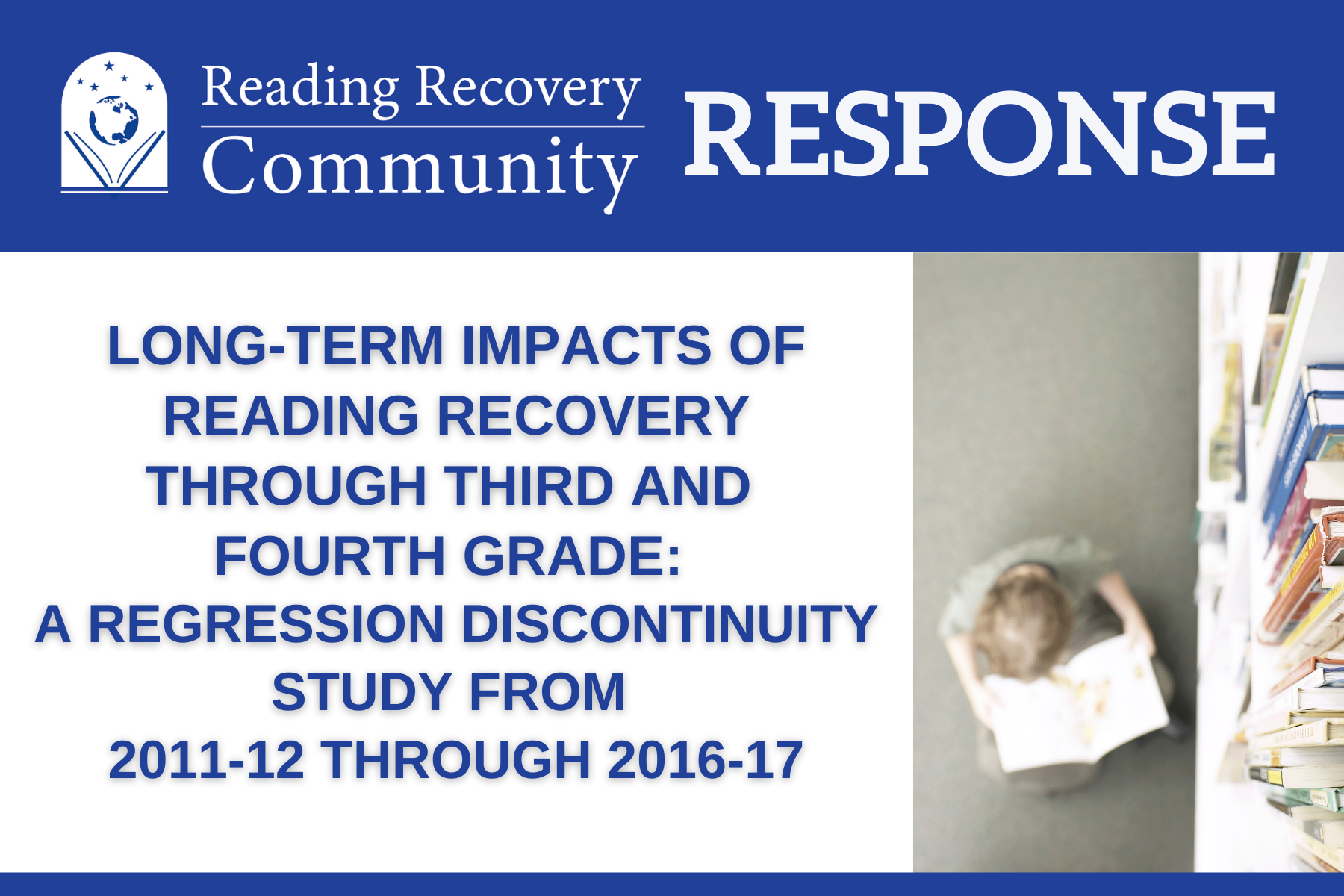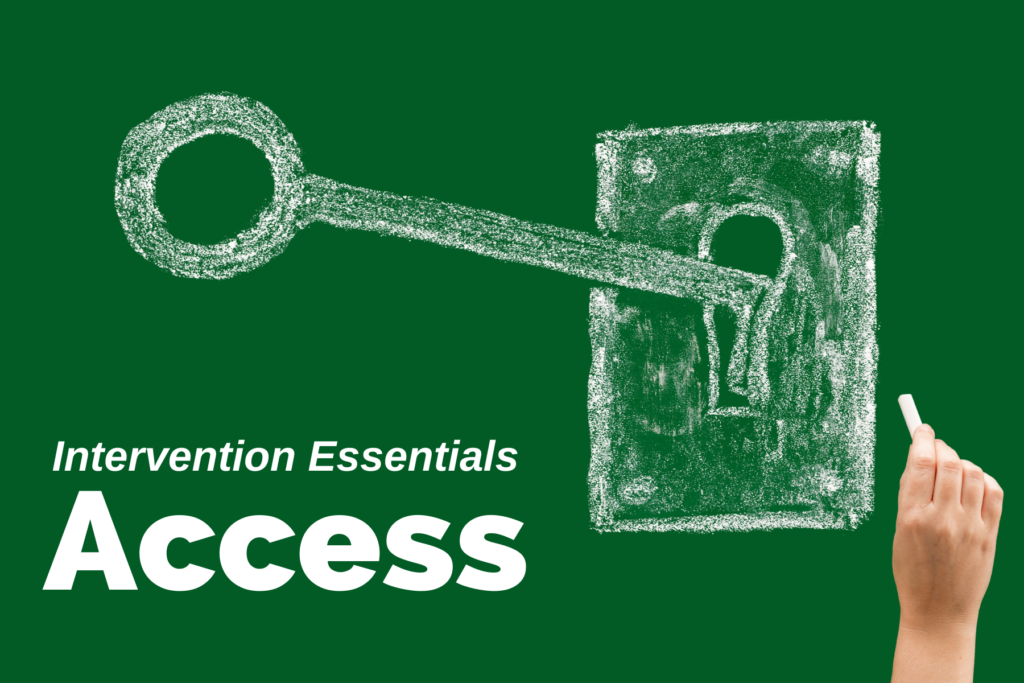BLOG
Response To Long-Term Impacts of Reading Recovery Through Third and Fourth Grade: A Regression Discontinuity Study From 2011-12 Through 2016-17
A statement from the Reading Recovery Council of North America addressing the research of Reading Recovery reported by May and his co-authors at the AERA meeting, April 2022.
Reading Recovery is a dynamic enterprise, and our leadership values both internal and external investigations of Reading Recovery in order to sustain the quality of this highly effective, early literacy intervention and to direct efforts central to informing program design, implementation, and improvement efforts. This research presents the opportunity to weigh the benefits of new, larger scale investigations of both immediate and long-term effectiveness. It is of vital concern to explore the findings of this work to continue the processes of monitoring the intervention and refining our understandings of factors that influence outcomes.
There are many positive takeaways from these studies. Reading Recovery is an incredibly effective early literacy intervention with the lowest achieving first grade children. These findings replicate evidence resulting from previous, large-scale, national investigations (May et al, 2013, 2015a, 2015b) and again confirm that Reading Recovery fulfills its goals. Reading Recovery has a strong positive impact on student literacy achievement in first grade.
The implications of long-term explorations of a short-term intervention with first grade children are very difficult to interpret with confidence. As May et al (2022) point out, this is one among very few existing studies that attempts to investigate long-term outcomes of short-term literacy interventions, and many of the existing examples are focused on Reading Recovery. This leaves us without information on how other literacy intervention approaches might fare over time.
The learning goals of beginning literacy are foundational to ongoing development of proficient readers and writers. While Reading Recovery fulfills its goals, sound, classroom literacy programs are absolutely necessary to 1) take full advantage of the foundational strengths students acquire in Reading Recovery and 2) support their development as critical readers and proficient writers.
The current studies direct attention to matters that require revisiting, including the condition of classroom instruction (grades 1-3) and implications for accurate monitoring of student progress beyond first grade. These are valued considerations. Further implications impacting Reading Recovery can be drawn only from research that is both statistically and theoretically sound. These issues must be explored further in order to answer key questions:
- For whom is this early intervention most effective?
- What conditions allow the greatest impact of Reading Recovery?
- What evidence suggests modifications to further enhance Reading Recovery’s effectiveness?
Reading Recovery has and will continue to change in response to evidence gathered from a wide-range of studies of both students having difficulties with early reading and writing and their teachers. READ MORE
THE JOURNAL OF READING RECOVERY
Spring 2024
Constructing a More Complex Neural Network for Working on Written Language That Learns to Extend Itself by Carol A. Lyons
Reading Recovery IS the Science(s) of Reading and the Art of Teaching by Debra Semm Rich
Predictions of Progress: Charting, Adjusting, and Shaping Individual Lessons by Janice Van Dyke and Melissa Wilde
Teachers Designing for Context: Using Integrity Principles to Design Early Literacy Support in Aotearoa New Zealand by Rebecca Jesson, Judy Aitken, and Yu Liu




